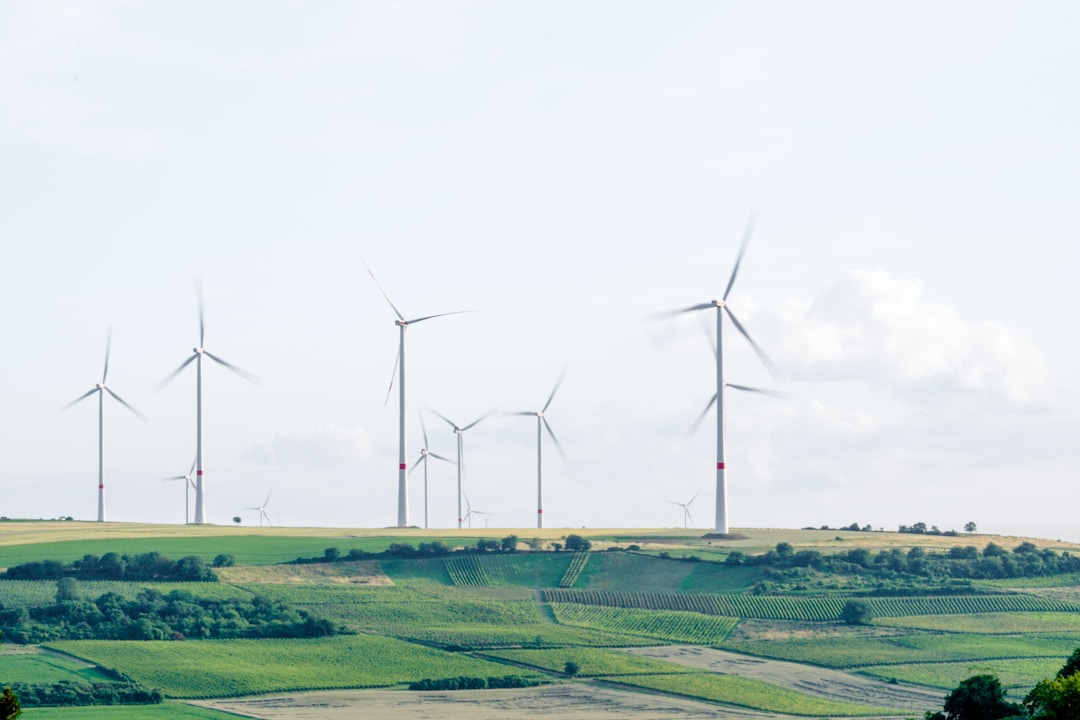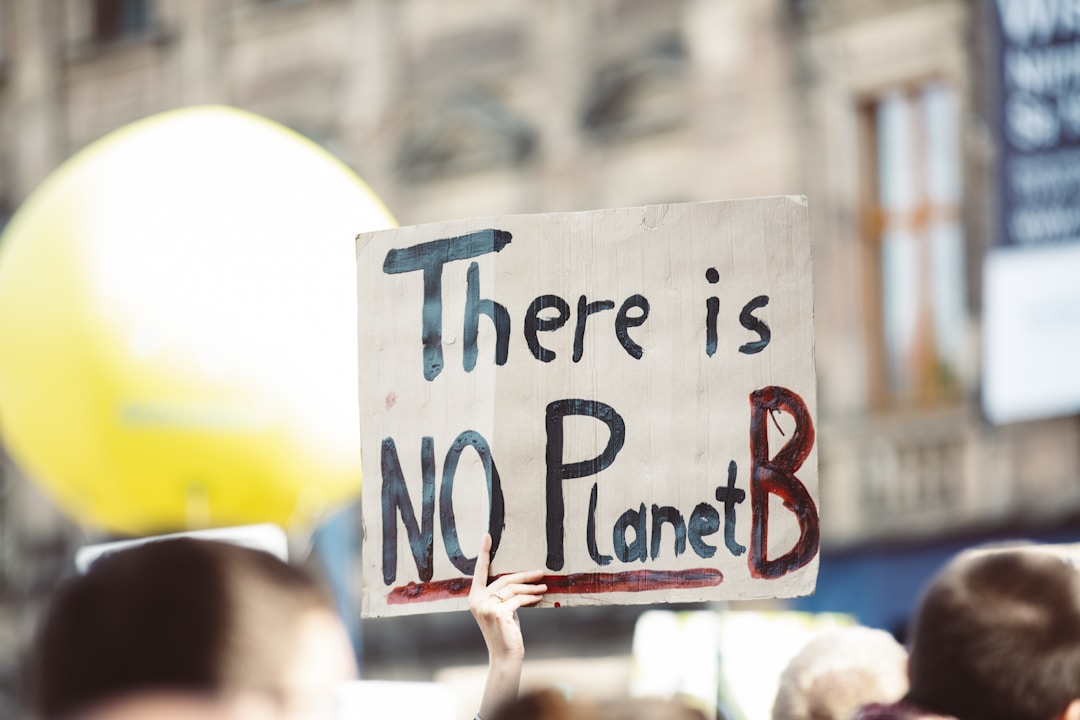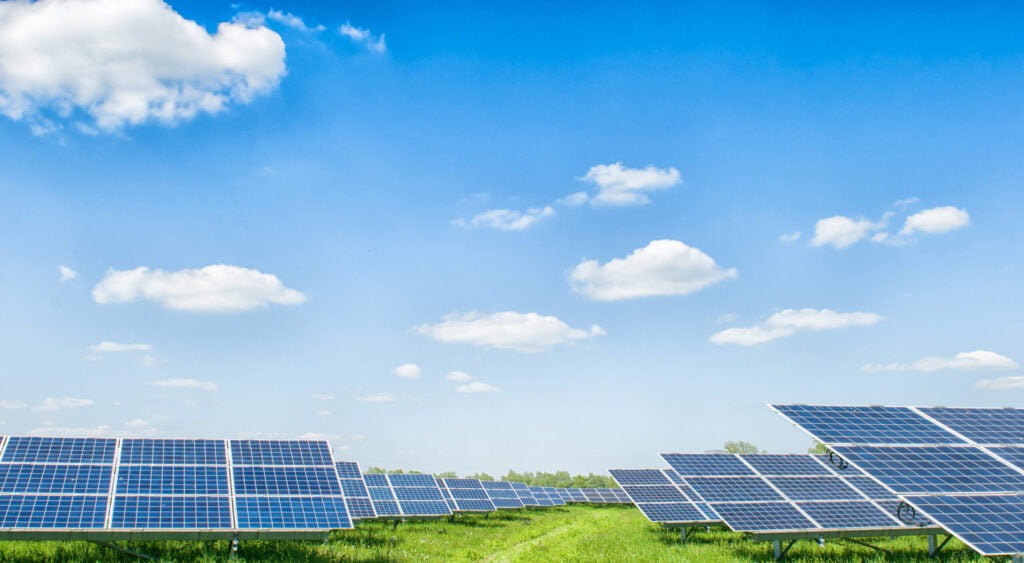The concept of clean energy is becoming increasingly relevant as our global society strives to mitigate environmental issues such as climate change. Leveraging available technology and green energy sources is paramount to displacing our reliance on fossil fuels. But what does clean energy mean? More specifically, what is clean electricity and why should we prioritize its usage? Keep reading to discover the insights and imperative behind clean electricity.
Understanding the Basics of Clean Energy
Clean electricity refers to energy produced from renewable resources that are replenished naturally, like solar, wind, hydro, and geothermal power. This energy is also termed “clean” due to the minimal harmful environmental impacts it causes compared to traditional energy sources like coal and oil. Unlike fossil fuels, which release greenhouse gases and other harmful pollutants when burned, renewable energy sources generate electricity with substantially less pollution.
With the ongoing advancements in technology, clean power has become easier to generate. Besides ensuring healthier environments, opting for clean energy also benefits consumers in the long run. Furthermore, clean power promotes energy independence by reducing dependency on foreign fuel imports. Nations with vast renewable resources can harness this potential to create sustainable, local sources of energy that fuel growth and development in different sectors.
The ultimate goal is to create a widespread, interconnected network of clean, renewable energy sources that can power the world without causing ecological damage. Organizations like CleanChoice Energy make it easier to find clean energy options all over the U.S. All you have to do is enter your zip code to learn more about more sustainable options near you.
The Role of Clean Energy in Climate Change Mitigation

The clean energy industry plays a crucial role in the collective effort to combat climate change. Rapidly increasing global temperatures, unpredictable weather patterns, and widespread deforestation underscores the need to transition to cleaner, more sustainable forms of energy. Clean power is a powerful tool in this fight as it offers a way to meet our energy needs without further exacerbating these environmental issues.
The shift from fossil fuels to a renewable energy source can significantly reduce our carbon footprint. Electric vehicles powered by clean energy sources embody an effective solution to the enormous greenhouse gas emissions from the transport sector. Similarly, powering our homes, industrial establishments, and public infrastructures with clean power aids in the effort to decarbonize our economies.
Nevertheless, it is important to note that transitioning to clean energy requires political will. Governments, corporations, and citizens worldwide must work together to expedite this shift. The collective benefits of clean power, from economic to environmental, underscore the need for this unprecedented global coordination and action.
Challenges and Opportunities in Integrating Clean Energy Sources
Despite the tangible benefits, certain challenges exist in integrating clean energy on a broad scale. Issues such as energy reliability, storage difficulties, and high initial investment costs present significant hurdles. However, overcoming these demands innovative thinking, substantial research, continued technological advancements, and robust policy measures that encourage renewable energy adoption.
Exciting breakthroughs in energy storage technologies, like advanced batteries, promise a future where clean power is easily stored and distributed. In addition, innovative renewable energy collection methods continue to replace traditional, pollution-heavy inversions. Despite the challenges, the push toward a greener, more sustainable future brings with it enormous opportunities for infrastructure enhancements, economic growth, and job creation in the renewable energy industry.
Ultimately, integrating clean power into daily routines is a collective task. Consumers can help by making conscious choices – like opting for renewable energy plans, purchasing electric vehicles, or installing photovoltaic systems. As consumers and citizens, we all share in the success of this clean energy future.
Added Health and Environmental Benefits

Clean electricity’s benefits aren’t just economical or political – they’re also social and environmental. Renewable power helps improve air and water quality, mitigates global warming, and reduces health problems linked to pollution. Adopting cleaner energy sources results in fewer air pollutants, which means fewer asthma attacks, heart diseases, and premature deaths associated with pollution. In the larger picture, this leads to healthier populations and reduced healthcare costs.
Environmental benefits of clean energy sources include habitat protection and biodiversity conservation. Traditional energy production methods often disrupt and destroy natural habitats, whereas renewable power systems, once installed, have a much smaller impact on the environment. Given the direct connection between healthy ecosystems and human well-being, these benefits become even more valuable.
Increasing the use of clean sources also allows for substantial water savings. Traditional power plants require massive amounts of water for cooling, whereas most forms of renewable electricity require minimal to no water. This advantage is critical in regions where water scarcity is a pressing problem.
Public Perception and Acceptance of Clean Electricity
Public acceptance is a critical factor in the successful transition to clean electricity. However, misinformation or lack of understanding about renewable power technology can hamper its acceptance. Therefore, increased public awareness through education, outreach programs, and informed media coverage is paramount to dispel myths and highlight the benefits of clean energy sources.
Fortunately, many people are already showing a positive attitude toward renewable energy. Various surveys reveal the growing acceptance of clean electricity in households, businesses, and communities, citing reasons like environmental benefits, cost savings, and energy independence. An informed and accepting population is one of the critical drivers of the transition toward a sustainable energy future.
Therefore, public education is vital – not just for building acceptance, but also for encouraging proactive steps. Equipping individuals with the necessary knowledge and skills can spark innovative energy solutions and strategies that are community-led and contextually relevant.
The Future of Clean Energy Sources
As our world faces increasingly severe environmental threats, the role of clean electricity becomes more central in our lives. Fueled by the simultaneous decrease in renewable power costs and the public’s growing preference for more sustainable alternatives, this field seems poised for dynamic growth and significant advancements.
A myriad of opportunities awaits – intelligent grids capable of integrating diverse renewable sources; smart homes powered by cleaner electricity; a boom in green jobs and industries; and even the resurgence of electric vehicles. With progress in policy support, public acceptance, and technology development, the future of clean energy sources looks bright.
Advancing toward a sustainable energy society is no small task. Despite facing multiple challenges, the clean energy sources revolution holds the promise of a healthier, greener, and more equitable world.
Contributing as a Consumer

In the fight against climate change and the pursuit of a sustainable future, consumers play a vital role. Simple actions like switching to energy-efficient appliances, cutting down energy waste, and choosing renewable electricity plans contribute significantly to increasing the demand for clean power. Furthermore, consumers hold the power to influence broader change through the choices they make and the values they uphold.
Shopping for electricity is an overlooked area where consumers can make a difference. By selecting renewable electricity plans or purchasing green energy certificates, consumers signal their preference for clean electricity to the market. This consumer demand helps drive the required shift in the energy market towards renewable sources.
While individual contributions may seem insignificant, when combined collectively, they hold the power for monumental change. Widespread consumer action sends a strong message to policymakers, industries, and businesses about the importance and necessity of clean power.
Overall, clean electricity is more than an environmental cause – it is an economic, health, and social imperative that requires our immediate action. As consumers, our choices and actions can greatly influence the sizable demand for clean energy sources, moving us toward a sustainable future.











